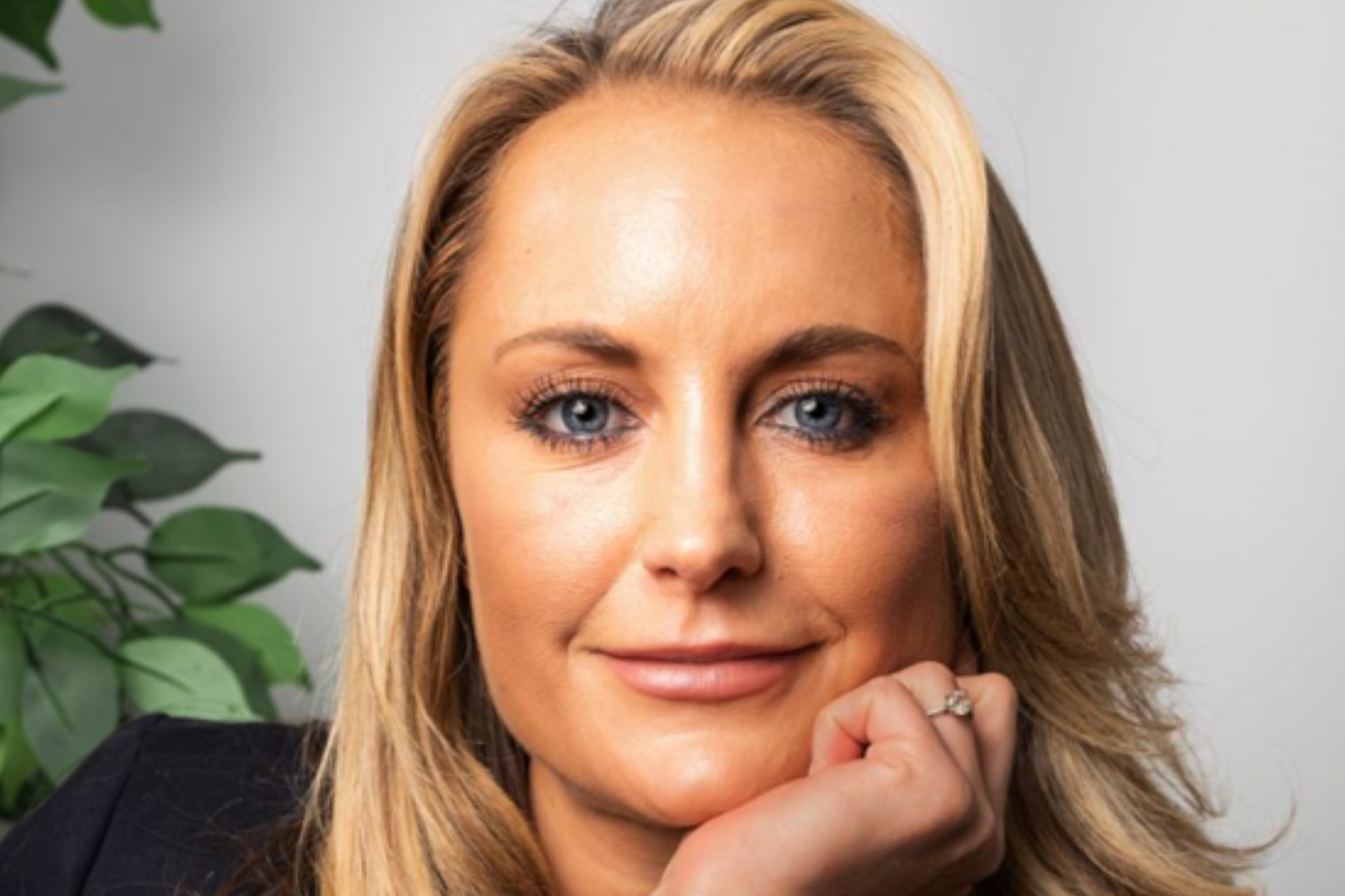"They Aren't Doing You a Favour" Melissa Snover on Breaking Barriers, Building Nourished, and Her Big Retail Win
Opinions expressed by BIZ Experiences contributors are their own.
You're reading BIZ Experiences United Kingdom, an international franchise of BIZ Experiences Media.

"When you fail, you must learn from it, adjust your business plan or presentation, if needed, and get straight back to pitching to the next potential investor, partner or stockist." For Melissa Snover, founder and CEO of Nourished, the road to success has been anything but conventional. Her business, which creates 3D-printed personalised nutrient gummies, has just landed in Boots and Holland & Barrett – a huge moment for the company, and one that speaks volumes about its growing mainstream appeal.
In fact, getting into these retail giants is a signal that something has shifted – both for Nourished, and for the industry. "Make sure you have real conviction in your idea and its potential for growth. Nourished makes 3D-printed personalised nutrient gummies – something many people are unlikely to have heard of. In meetings looking for investment or with retailers, I've had to be very confident and well-researched about how my products could fill an important gap in the market." That confidence has been hard-earned. "It can be tough as a female founder, and you need to be ready to focus on building your confidence in your product and your resilience from the word go."
Melissa's company is now not only a high-growth business, but a tech innovator. Its 3D-printed, customisable supplements are a standout example of deeptech meeting everyday wellbeing. But success didn't come overnight, and it certainly didn't come without resistance. "There's still a big disparity in access to capital for women-led companies in the tech sector. Female-founded deeptech start-ups get only 15% of funding at seed stage, and men get the other 85%."
Despite these odds, Melissa secured a UK record for the largest seed round by a female founder in 2020. "Over the last four years, I've raised £18m in VC investment for my nutrition brand Nourished and its parent company Rem3dy Health." She credits much of her company's success to one bold decision: bringing manufacturing in-house. "Developing our own patented 3D printing technology and being able to make all our products in-house has been pivotal. It allowed us to stay fully operational during COVID-19 and, since then, has reduced reliance on external supply chains when there has been so much disruption in the world. It allows for the rapid product innovation that has kept us ahead of competitors, too."
Melissa's approach to tech is hands-on and unorthodox, and she's the first to debunk a major myth about who gets to lead in this space. "That you need a conventional STEM degree or formal training to lead a tech business… When I began developing our 3D printing technology, I didn't come from a traditional engineering background. I taught myself everything I could, breaking down 3D printers on my kitchen table, rebuilding them from scratch, and learning how each component could be optimised for personalised nutrition manufacturing."
That kind of problem-solving mindset, she believes, is more important than pedigree. "What matters most is not where your technical knowledge comes from, but how committed you are to understanding the details and solving problems creatively." She's also quick to point out that anyone today has access to the tools to learn. "With AI tools, open-source communities and platforms like YouTube, there's never been a better time to teach yourself something entirely new. You don't have to be trained in the old systems to build the next one."
But even with her own success, Melissa hasn't forgotten how hard it can be to break into tech as a woman. That's why she continues to speak out – and lift others as she climbs. "I've been vocal in the press, on podcasts and in public speaking about improving access to finance and the need for women founders to mentor others. I've participated in initiatives like Invest in Women and Buy Women Built."
She's also an advocate of peer support networks. "Building support networks of female founders in tech and other sectors can give a real boost to your confidence, too. Join and develop groups that provide you with encouragement, advocacy and advice from women who have already had inspiring success, such as By Women Built, of which I am a member."
For Melissa, mentorship and mindset go hand in hand – and the key lesson is that your belief in your own business has to come first. "Approach conversations with investors with the belief that you are giving them an opportunity to be involved in a great business. They aren't doing you a favour." This self-assurance isn't arrogance – it's a hard-won antidote to a system that doesn't always back female founders. But it's also practical advice, especially in a landscape where unique ideas – like 3D-printed vitamins – can face skepticism.
Now, with Nourished products hitting shelves in Boots and Holland & Barrett for the first time, her belief is paying off in a very tangible way. Not just in validation, but in access: more consumers than ever before can now pick up truly personalised nutrition at high street stores. Melissa's journey is proof that breaking down old systems – whether in technology, funding, or access – requires both grit and vision. She's built a business from the kitchen table to retail giants, and continues to push for a more inclusive future in tech.
And while the business headlines may celebrate the Boots and Holland & Barrett win, the deeper story is one of resilience and reinvention. Because Melissa Snover didn't just build a product. She built the system to make it – and opened the door for others to follow.












